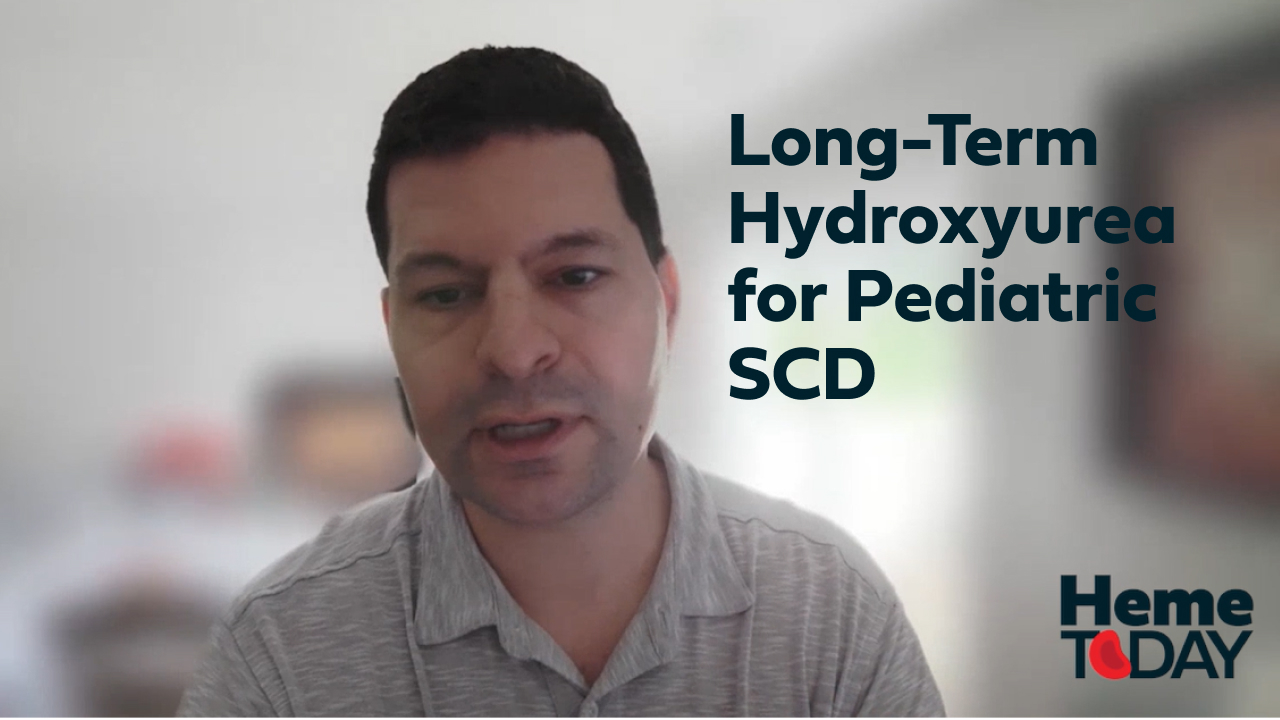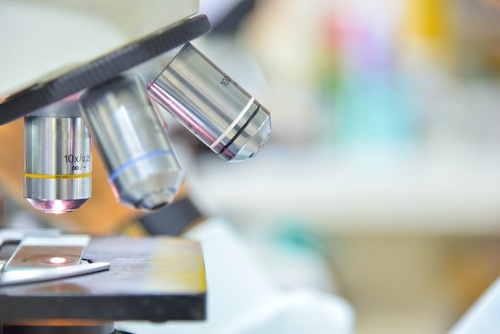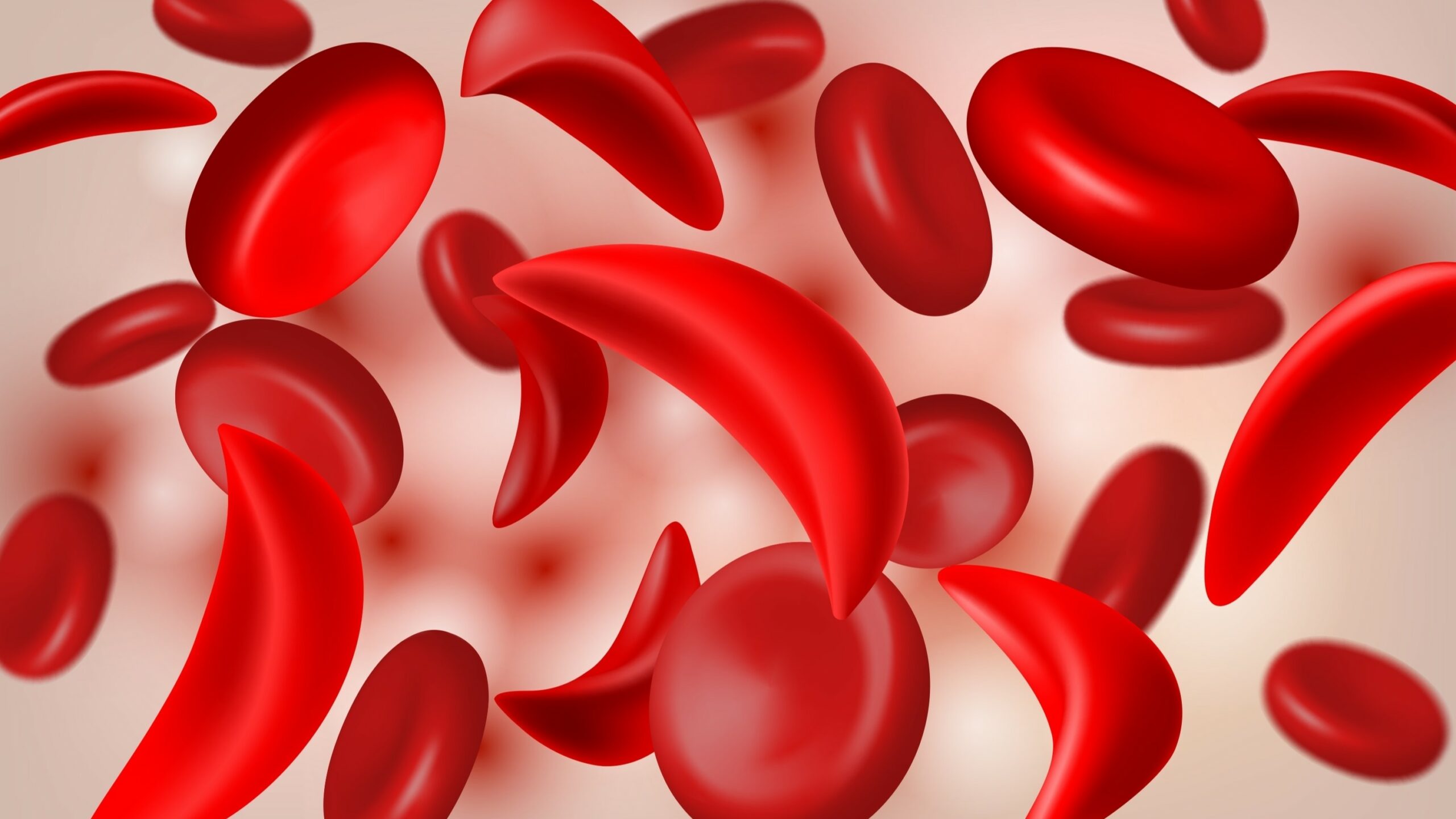
The National Institutes of Health (NIH) has recently announced plans to invest at least $100 million towards the development of affordable gene therapies for sickle cell disease and HIV. An additional investment of $100 million will be provided by the Bill & Melinda Gates Foundation, with the goal of making gene therapy treatments readily available around the world.
This collaborative investment comes in the wake of President Trump announcing his goal to end the HIV epidemic in the U.S. in the next decade, a statement made during the State of the Union Address earlier this year. Ending the HIV Epidemic: A Plan for America is designed to use new technology and data to decrease the number of HIV diagnoses made in the U.S. by 75% in the next five years and by 90% by 2030. Sickle cell disease, another condition that gene therapy applies to, has received increased attention under the Trump Administration as well.
Although recent technology has led to FDA-approved gene therapies becoming available for patients, these treatments are not readily accessible to a majority of the world and are extremely expensive. Particularly, low-income countries that are often affected by sickle cell and HIV more than wealthy countries have limited access to these treatments. To bring these treatments to regions where they are most needed, investments like those from the Gates Foundation and the NIH are imperative.
This collaborative effort sets out to advance safe, effective, and durable gene therapies to clinical trials in the U.S. and countries in sub-Saharan Africa, where disease incidence is high, in the next 10 years. The main goal of this work is to bring these transformative treatments to the underserved areas that need them the most.
“This unprecedented collaboration focuses from the get-go on access, scalability and affordability of advanced gene-based strategies for sickle cell disease and HIV to make sure everybody, everywhere has the opportunity to be cured, not just those in high-income countries,” explained Francis S. Collins, MD, PhD, and NIH Director. “We aim to go big or go home.”
Outside of this collaboration, the organizations will both continue to invest in other research efforts focused on treating sickle cell and HIV.
“In recent years, gene-based treatments have been groundbreaking for rare genetic disorders and infectious diseases,” said Trevor Mundel, MD, PhD, President of the Bill & Melinda Gates Foundation’s Global Health Program. “While these treatments are exciting, people in low- and middle-income countries do not have access to these breakthroughs. By working with the NIH and scientists across Africa, we aim to ensure these approaches will improve the lives of those most in need and bring the incredible promise of gene-based treatments to the world of public health.”
Details of the Collaboration
This collaboration will aim to identify potential sickle cell and HIV cures for pre-clinical and clinical evaluation and to define long-term opportunities to work with African partners to advance promising treatments to late-phase clinical trials.
New delivery systems to deliver the therapies to the correct areas of the body are needed to optimize these treatments and target the cells specific to each disease. In treating sickle cell, this entails replacing mutated genes that code for a blood cell protein in hematopoietic stem cells with a healthy copy, restoring normal blood cell production. To treat HIV, the gene therapy would have to target proviral DNA that circulates in a small number of cells years after effective antiviral therapy.
Creating gene therapy treatments for these diseases that can be administered in vivo, or fully in the body, would be a significant improvement for current therapies, which involve the removal, editing, and reinfusion of cells.
“We are losing too much of Africa’s future to sickle cell disease and HIV,” said Matshidiso Rebecca Moeti, MBBS, Regional Director for Africa at the World Health Organization. “Beating these diseases will take new thinking and long-term commitment. I’m very pleased to see the innovative collaboration announced today, which has a chance to help tackle two of Africa’s greatest public health challenges.”
#NIH & @GatesFoundation plan to invest $100M+ each over the next 4 years w/ambitious goal to develop gene-based cures for #SickleCellDisease & #HIV that are available to everyone, not just those in high-income countries.
— Francis S. Collins (@NIHDirector) October 23, 2019







 © 2025 Mashup Media, LLC, a Formedics Property. All Rights Reserved.
© 2025 Mashup Media, LLC, a Formedics Property. All Rights Reserved.